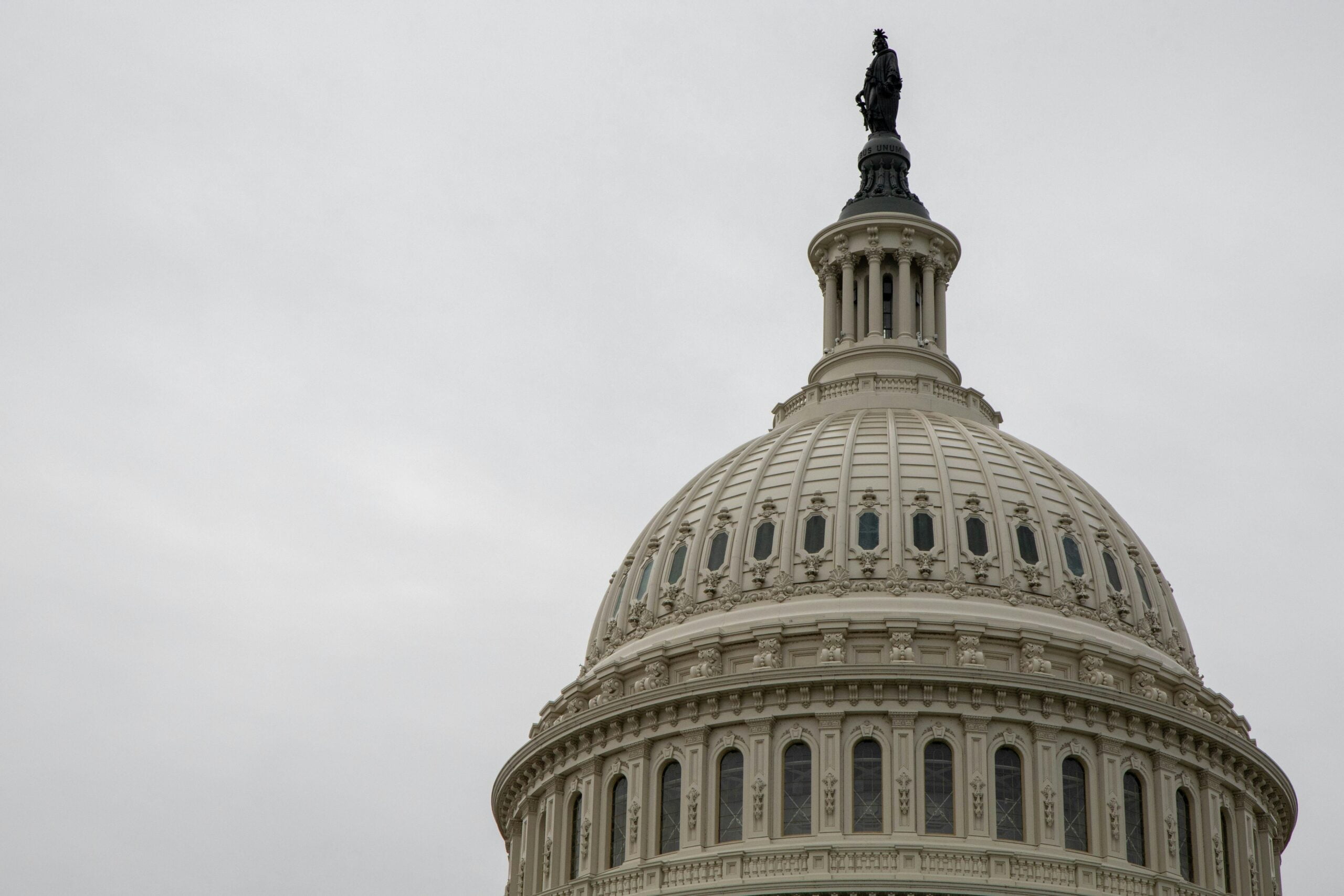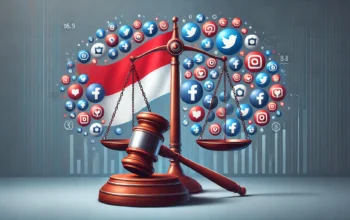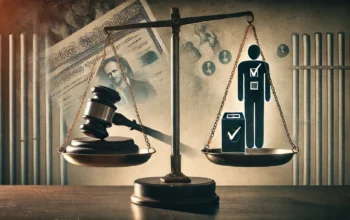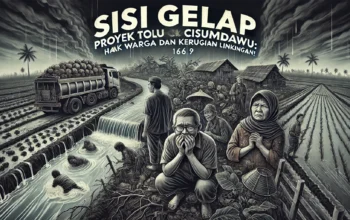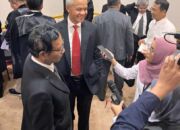This article examines the oligarchical power structures in Indonesia and how they affect its democratic rules. Dive deep into understanding the complex relationship between political elites, politics, and democracy in this Southeast Asian country.
In Indonesia, oligarchs are political elites with immense economic and political power. They have often been accused of having undue influence over democratic systems and institutions, leading to major concerns about the country’s commitment to a fair and functioning democracy. This article examines the oligarchs of Indonesia and how they shape the political landscape in the Southeast Asian nation.
Effects of Oligarchical Power Structures
Oligarchical power structures in Indonesia can have far-reaching implications for the people’s ability to participate in free and fair elections. Oligarchs often control access to resources, such as media outlets, financial resources, and local patronage networks, which they use to gain a larger political advantage. Such effects of oligarchical power weaken Indonesian democracy by creating obstructionists who are resistant to proposed reforms. Furthermore, the lack of checks and balances on the oligarchical structure could lead to a rise in autocratic leadership and a decline in public trust in the democratic system.
Despite the growth of oligarchical power structures, Indonesian democracy remains a viable form of government as recent democratization efforts have aimed to make the system more decentralized and transparent. There has been an increase in civil society participation through public education, political awareness, and acts of resistance against oligarchical power. Additionally, there has been increased oversight of party politics to make sure that decision-making processes reflect fair and inclusive representation. As such, while Indonesian democracy remains under pressure due to the presence of oligarchs, it is possible that through cooperation between citizens and elected officials, measures can be implemented to ensure a stronger foundation for democratic governance in Indonesia.
To fully understand the effects of oligarchical power on Indonesian democracy, it is important to analyze the ways in which such power structures can weaken or impede free and fair elections. Oligarchs can control access to resources, particularly media outlets and financial capital, both of which contribute to gaining a larger political advantage. Additionally, facilitation of patronage networks are often used by oligarchs to build up and maintain their own personal interests. Such strategies not only create inequality within the political system but also act as obstructists to proposed reforms from citizens and governing bodies, rendering them ineffective when attempting to tackle challenges that face democratization processes. Furthermore, unchecked oligarchical powers could lead to situations where autocratic leaders remain unchallenged as they hold more influence over decision-making processes than democratically elected officials. Lastly, these factors might contribute to a decrease in public trust in the democratic system as citizens question its reliability and efficacy due to the presence of influential actors who seek their own self-interests over collective gains.
Implications for Policy Makings
The oligarchical power structure in Indonesia can have significant implications for policy making. Oligarchs, by their nature, tend to be obstructionists with regards to reforms, and this can prevent positive progress from occurring. Furthermore, if the oligarchical structure becomes entrenched within the government, policies may be created that only serve to benefit those in power rather than supporting the general public. Additionally, when an government is dominated by unaffiliated individuals with no real responsibility to anyone else, they are more likely to pursue their own interests and further weaken democratic rule in Indonesia.
This has long been a concern in Indonesia due to its history of oligarchy. As democratic reformers have increased their representation over the past few decades, they have had to contend with oligarchical influence in both policymaking and politics. This creates a situation in which it is difficult to enact holistic change since policies often become stalled by the interests of powerful factions or individuals blocking positive reforms. To counter this, it is essential for government leaders to prioritize the interests of the whole population rather than those that are solely represented by the elite. Furthermore, public participation should be encouraged to ensure that all citizens have a voice when crafting legislation and facilitating decision making within Indonesia’s political system.
It is essential to have a healthy balance between democracy and oligarchy in order for policy changes to be made that benefit the country. Thus, it is important to create policies that not only protect the interests of those in power, but also uphold the rights of citizens and ensure that decisions are made that promote the well-being of all members of society. Furthermore, policies which seek to limit the role of oligarchs should be considered, such as restricting campaign contributions or limiting lobbying activities. Additionally, public education programs should be implemented to increase public participation within politics and decision making processes. Ultimately, these measures can help ensure democracy maintains its grip on Indonesian policy making and prevent any entrenchment of an entrenched elite controlling politics.
Influences on Policies Implementation
It is important to examine how oligarchical elites, both private and public, shape policy in Indonesia. Specifically, research should explore the extent to which public policies are influenced by political elites, their connections to government institutions, and their ability to pressure politicians who seek to implement reforms. Additionally, it is essential to study how different parties use electoral assets such as money and influence in order to gain more support from voters so they can secure more seats in the legislature. This can be done through interviews with political elites, media analysis of campaign ads, and observation of elections. By looking at how political decision making happens in Indonesia, we can better understand how oligarchical power structures affect democratic rule in this country.
Research should also analyze the impact of lobbying in Indonesian policymaking. It is important to examine how influential business associations, private companies, and other stakeholders use resource allocation to their advantage. Moreover, researchers should look at how money and influence shape the process of policy formation. This can be done by studying how public or private actors employ electoral resources such as money, media access, and political education with the aim of promoting particular agendas. Finally, research should analyze to what extent elites use mechanisms such as patronage networks and corruption to solicit favors from government institutions in order to gain more support for their policies. By engaging in a comprehensive examination of oligarchical influences on Indonesia’s democratic system, researchers can determine how the implementation of public policies reflects political power in this country.
Economic Inequality Increasing
Recent studies have shown that increased economic inequality and the concentration of wealth in the hands of a few people has led to oligarchy in Indonesia and had significant impacts on democratic governance and the organization of politics. This includes the weakening of smaller political parties, as they are unable to compete with larger ones that can use their wealth and power to gain more support among voters. Additionally, research has shown that the increasing power of wealthy individuals is influencing key decision making within government, eroding important checks and balances against corruption and creating an environment where policies favour those with greater access to resources.
These changes in the way power is distributed have had a range of consequences for democracy in Indonesia. Wealthy oligarchs are able to influence decision making without having to answer to voters, which weakens the power of the electorate and undermines transparent and equitable policymaking. Moreover, the unequal distribution of wealth has contributed to growing poverty among marginalized groups, furthering an environment of economic insecurity that can lead to voter apathy or can be exploited by powerful interests. This lack of economic security can also lead people to rely increasingly on private sources for security needs, eroding trust in public bodies even further and disengaging communities from political structures. Overall, increased economic inequality has undermined democratic governance in Indonesia and highlighted the need for progressive policies that focus on reducing inequality and strengthening social protections for vulnerable populations.
Between Media, Civil Society, and Political Power
Research suggests that in Indonesia, the media and civil society have not been able to effectively counter the concentration of power in a few individuals. This is due to a combination of several factors, including weak governance structures, limited resources, challenges in access to financing, and restrictions imposed by the government on freedom of expression. Discussions are needed around how these civil society organizations can be strengthened in order to better represent the interests of citizens and push back against the influence of oligarchs within government.
